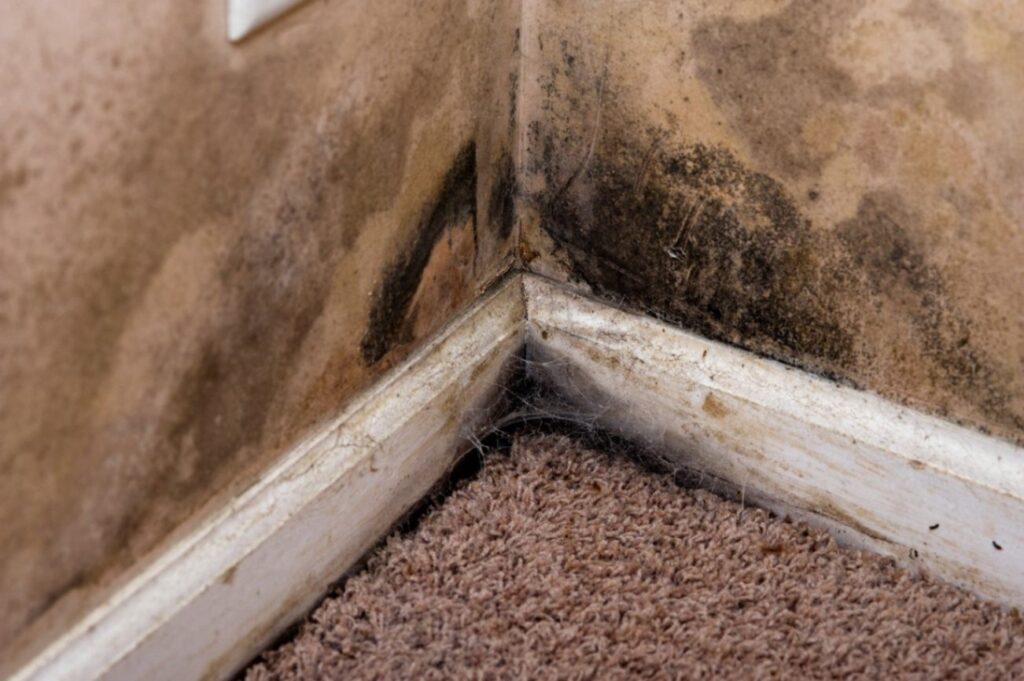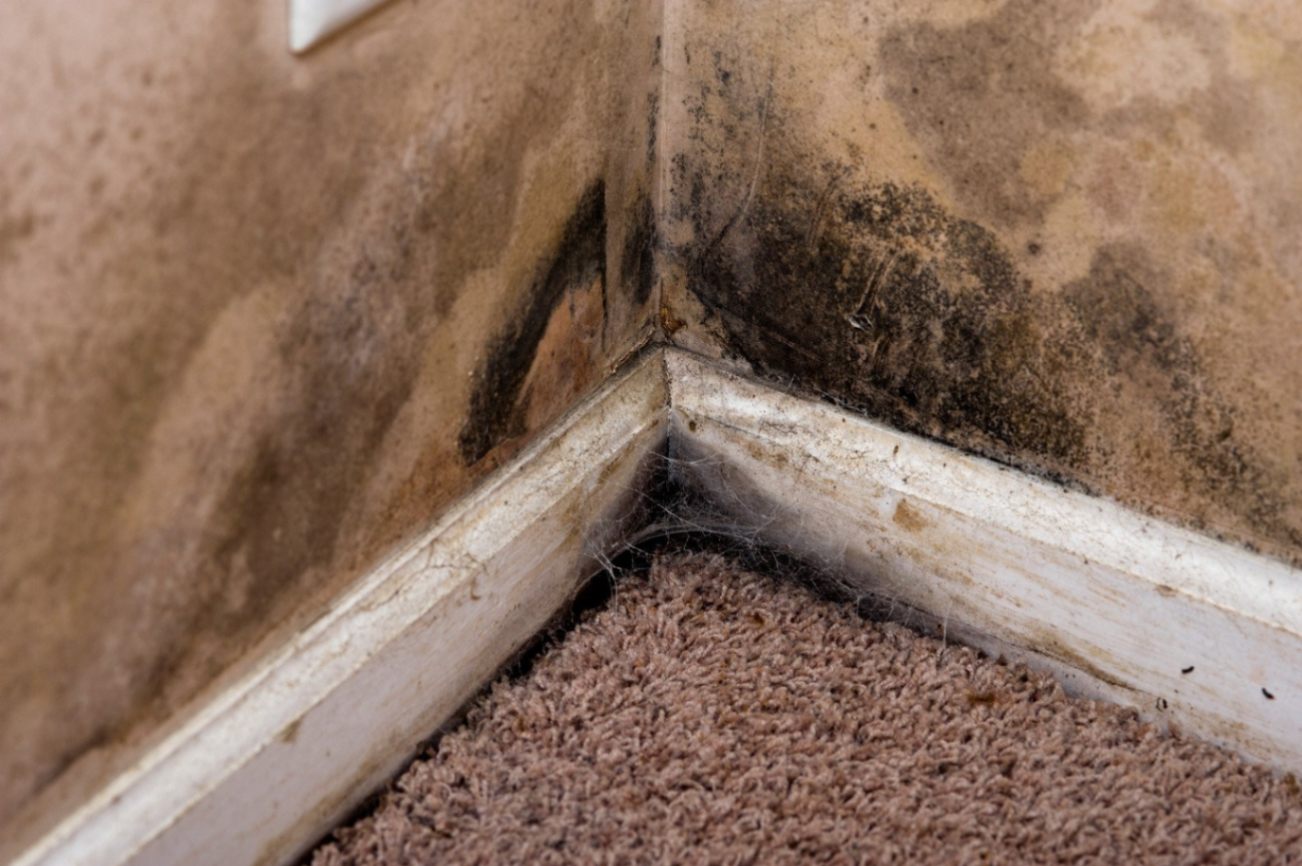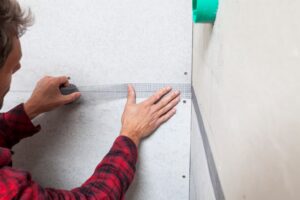As a Vancouver homeowner, you may run into common drywall issues like water damage, cracks, or dents from daily life. These problems not only affect how your home looks but can also impact its structure. The good news? There are simple, effective ways to fix them. Let’s go over how you can handle these drywall problems and keep your home looking great and staying safe.

Key Takeaways
-
Water Damage and Mold: Vancouver’s damp weather can lead to moisture getting into drywall, which may cause mold. Use moisture-resistant drywall and keep rooms well-ventilated.
-
Cracks and Settling Issues: Cracks can appear as your house shifts over time. Fix small ones with joint compound, but call a pro if they’re big.
-
Holes and Dents: Bumps and bangs from daily life cause dents and holes. Use spackling for small fixes and joint compound for bigger ones, then repaint.
-
Mold Prevention: Watch humidity levels, keep air moving, and fix leaks quickly to avoid mold and protect your health.
-
General Maintenance: Check your drywall regularly, clean your vents, and use wall protectors to spot problems early and prevent damage.
Water Damage and Mold Growth
When water gets into drywall, it can lead to big problems like mold—this not only damages your walls but also puts your health at risk.
To handle this, focus on keeping things dry. First, find out where the water is coming from—maybe a leaky pipe, roof, or just high humidity. Fix the problem fast.
In rooms like bathrooms or basements, use moisture-resistant drywall. It’s built to handle damp air. Also, make sure your ventilation system is clean and working well to help keep the air dry and moving.
Cracks and Settling Issues
As homes settle over time, small cracks might show up in your drywall. While they don’t always mean something is seriously wrong, they can look bad or even grow larger.
To fix this, fill small cracks with joint compound and sand them smooth. For bigger cracks, you might need patching compound—or call a pro to take a look.
To prevent future settling issues, check that your house has good drainage and a strong foundation. Also, look out for signs of shifting or water problems and fix them right away.
Holes and Dents From Everyday Wear and Tear
Even in a careful home, walls can get dents or holes—maybe from moving furniture or playful kids.
The fix is easy: use spackling compound for small holes or joint compound for larger ones. Once dry, sand the spot smooth and repaint to make the wall look new again.
To stop this kind of damage from happening often, use wall guards and be mindful about where furniture is placed. Checking your walls regularly will help you spot small problems before they grow.
Frequently Asked Questions
How Can I Prevent Drywall Issues Before They Start?
Take care of your walls by keeping humidity low, using good ventilation, and doing regular checks. This helps avoid costly repairs down the line.
What Tools Do I Need for Drywall Repairs?
Basic tools include a utility knife, drywall saw, joint compound, and tape. Helpful extras are a sanding block, trowel, and drywall lift to make things easier.
When Should I Hire a Professional for Drywall Issues?
Call a pro if the damage is large, complex, or if you’re not sure what to do. Getting expert help can save you time, stress, and money.
How Often Should I Inspect My Drywall for Damage?
Check your walls at least twice a year. Look for cracks, stains, or bulges. Regular inspections help catch problems early.
Can I Paint Over Damaged Drywall Without Repairs?
No—painting over damage won’t fix the problem. Always repair holes and cracks first so your paint job looks good and lasts.
Conclusion
Living in Vancouver means dealing with drywall issues like water damage, cracks, and daily wear and tear. But with a little effort—using moisture-resistant drywall, fixing cracks quickly, and staying on top of maintenance—you can keep your walls strong and looking sharp. Stay ahead of problems with regular inspections and repairs. Your home will stay beautiful, safe, and comfortable for years to come.




